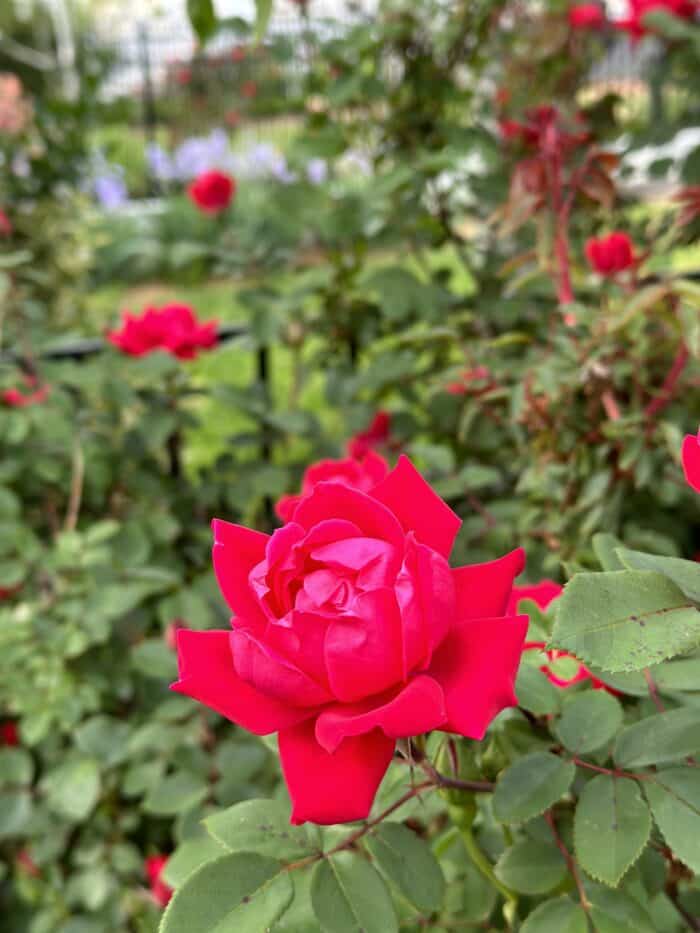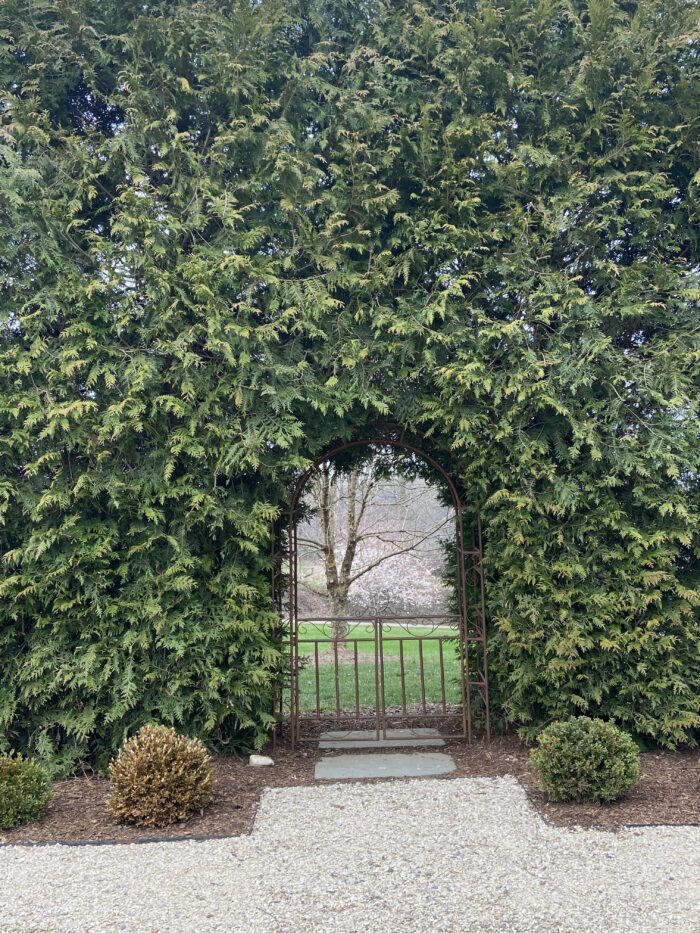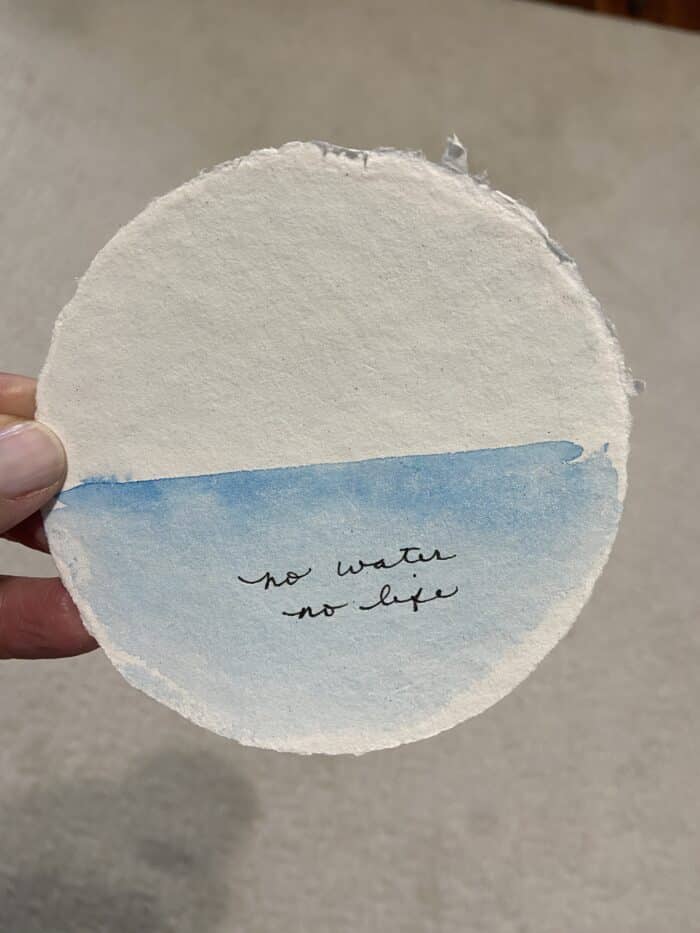
Why do we struggle so much to remember what works? Whether it’s sleep, anxiety, working in a group, or even going about our day to day rituals, I, (and I have a feeling others,) forget how to manage.
It’s as if all I need is a few days of feeling great, and I assume all is healed and I no longer need the structures to support me. So, the past few weeks meant going back to this:
~getting curious when my mood shifts…why am I feeling sad? why does this make me angry? why am I nervous about this event?
~regularly eating lots of fiber (so easy to forget)
~following my morning and sleep routines, which work!
These days, I am feeling better. But I am prepared for more bouts of sadness or frustration. These feelings, shaped and formed in childhood, need attending to. And they need acceptance. We are who we are, so I take a deep breath and ask, “where is this coming from? what do I really need?”
What I am reading:
How to live with brokenness….Let Your Heart Be Broken, on Marginalian
A passage (which I found in Elise Loehnen’s newsletter) from When Things Fall Apart by Pema Chodran:
The essence of life is that it’s challenging. Sometimes it is sweet, and sometimes it is bitter. Sometimes your body tenses, and sometimes it relaxes or opens. Sometimes you have a headache, and sometimes you feel 100 percent healthy. From an awakened perspective, trying to tie up all the loose ends and finally get it together is death, because it involves rejecting a lot of your basic experience. There is something aggressive about that approach to life, trying to flatten out all the rough spots and imperfections into a nice smooth ride.
To be fully alive, fully human, and completely awake is to be continually thrown out of the nest. To live fully is to be always in no-man’s-land, to experience each moment as completely new and fresh. To live is to be willing to die over and over again. From the awakened point of view, that’s life. Death is wanting to hold on to what you have and to have every experience confirm you and congratulate you and make you feel completely together. So even though we say the yama mara is fear of death, it’s actually fear of life.



